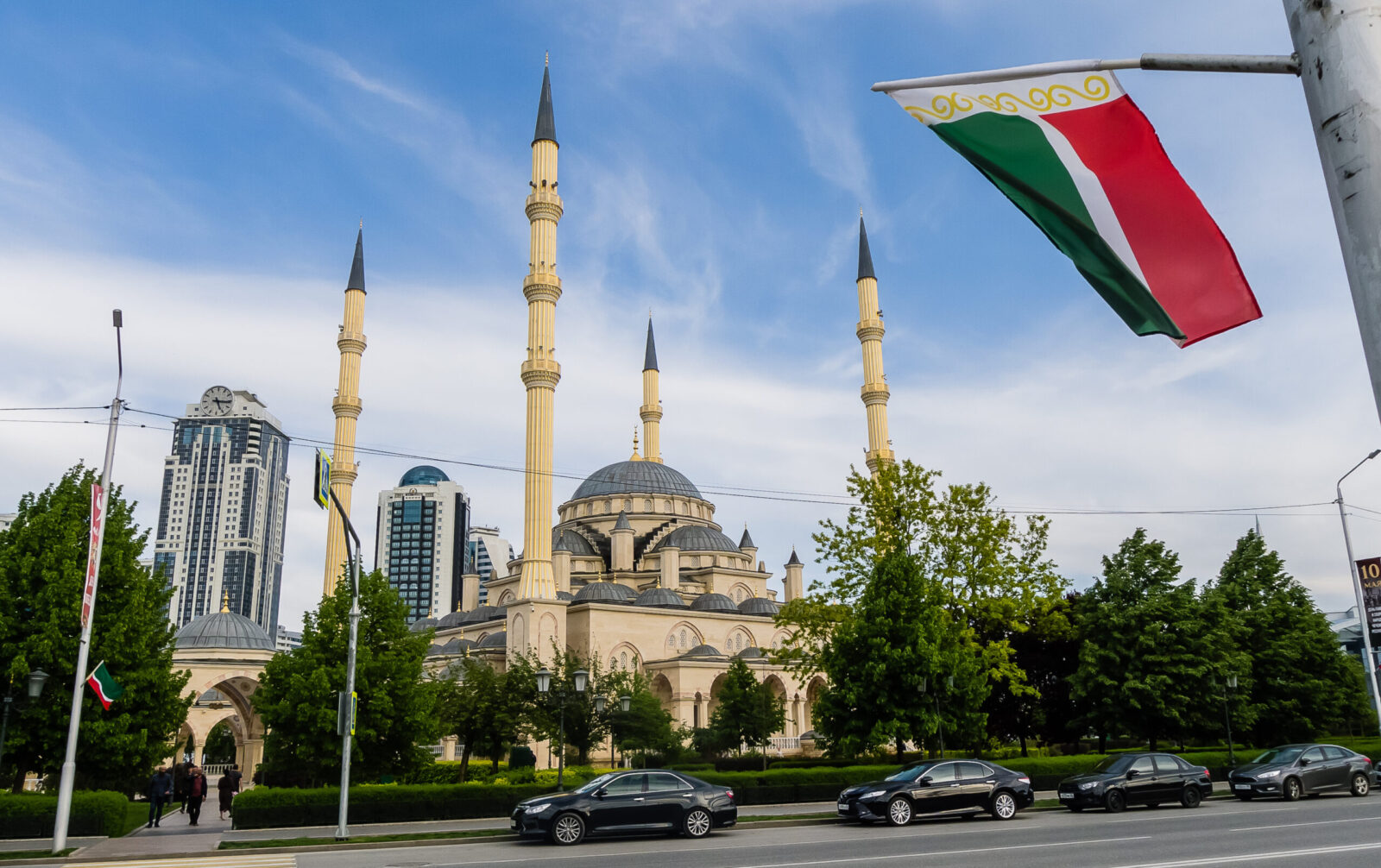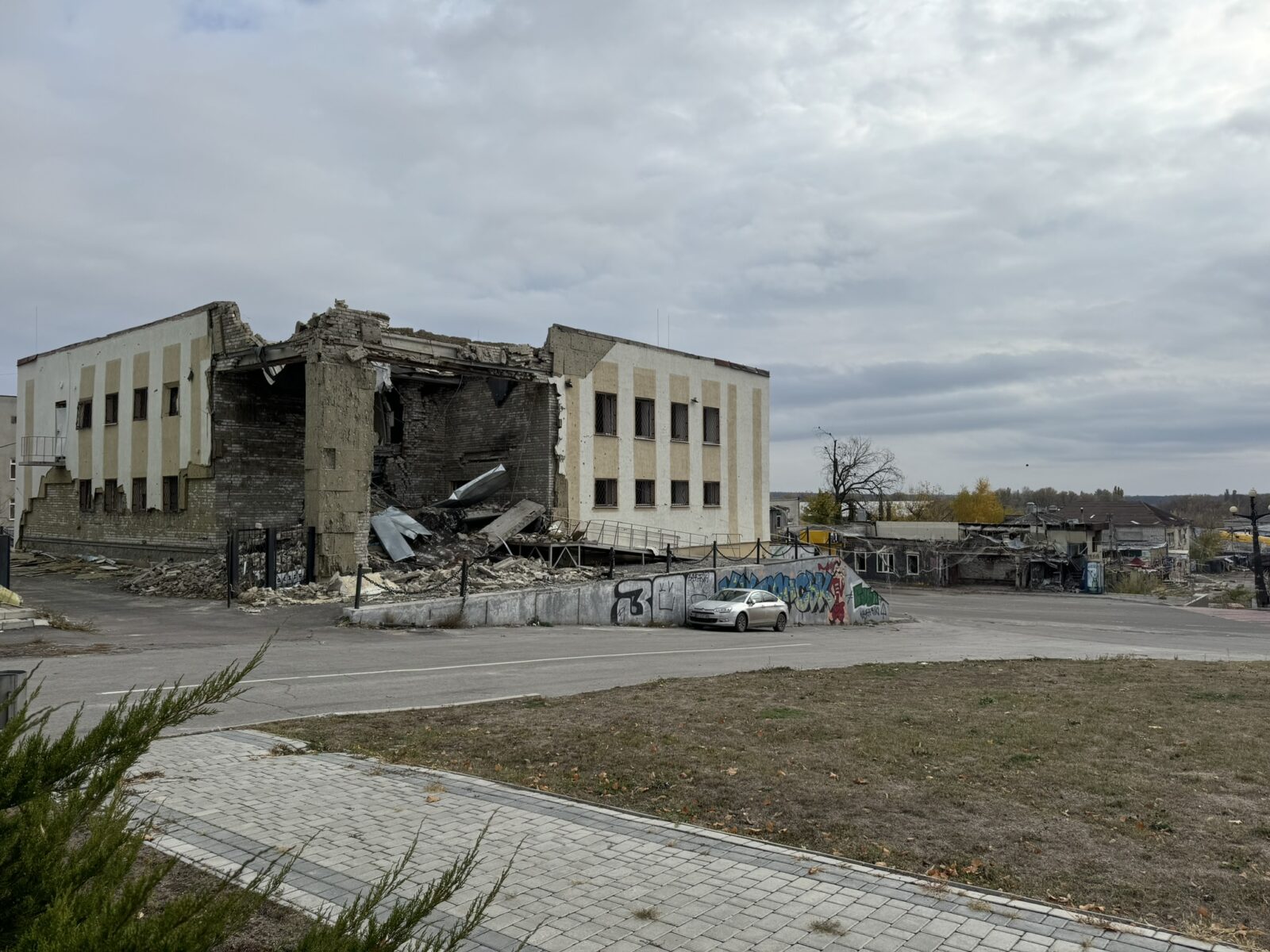- Brief Eastern Europe
- Posts
- 📩 Hungary’s EU presidency is coming to an end
📩 Hungary’s EU presidency is coming to an end
Plus: Tusk and Macron meet in Warsaw
DEAR READER,
As the year draws to a close, we’re reflecting on how Central and Eastern European states fared in 2024 across the economy, geopolitics, and society. This year was particularly significant for the region, as Hungary assumed the EU presidency in July, making controversial moves such as Prime Minister Orbán’s visits to Russia, and using the platform to advance Hungary’s illiberal agenda. These actions show the challenges of aligning EU foreign policy and disagreements between member states.
For those unaware, the EU presidency is important for shaping the agenda and direction of the European Union for a six-month period, and the member states can use it to prioritize their own goals. As Hungary’s presidency nears its end, Poland will be taking over starting in January, focusing on the ambitious motto “Security, Europe!”, with Russia’s war in Ukraine remaining the primary concern.
Having two CEE countries holding the EU presidency is a big deal for the region, even if Hungary and Poland clearly have different goals. This week, we’re diving into the outgoing Hungarian presidency, with insights from Zsuzsanna Vegh, a Program Officer at the German Marshall Fund. Next week, we’ll give you the overview on what to expect from Poland’s presidency in 2025 — so stay tuned!
In the meantime, don’t miss our latest issue, ‘Age of Uncertainty’. Click here to grab your copy!
Enjoy reading this week’s “brief”!
— Giorgi Beroshvili, Editor
TOP STORIES OF THE WEEK
🇵🇱 Prime Minister Donald Tusk hosted French President Emmanuel Macron in Warsaw. The leaders announced plans to strengthen cooperation, including a new treaty of friendship, and emphasized Poland's critical role as a support hub for Ukraine and defender of the EU's eastern border. Tusk also denied rumors of Poland leading a multinational peacekeeping force in Ukraine after a potential ceasefire, saying that decisions about Polish involvement would be made solely in Warsaw.
🇷🇸 Serbian students continue protests over Novi Sad railway station collapse. They are demanding the resignation of the University of Novi Sad's rector, who called the blockade “unacceptable”, dismissal of charges against protesters, and accountability for attacks on demonstrators. Over 40 university faculties have been blocked for more than two weeks.
🇧🇬 / 🇷🇴 Bulgaria and Romania will fully join the EU's Schengen Zone on January 1, 2025. Meanwhile, Bulgaria’s GERB party, led by Boyko Borissov, will be forming a new government after winning October's elections. Borissov faces challenges with voter fraud allegations and tensions within his coalition, so there’s a chance of snap elections in 2025 — for the eighth time.
🇬🇪 Ex-footballer elected as Georgia’s next president. Mikheil Kavelashvili, a member of the anti-Western People’s Power party, and the sole candidate nominated by the ruling Georgian Dream party, won 224 votes from the 300-member electoral college, with opposition members boycotting the vote. Meanwhile, anti-government protests have entered their 19th day in Tbilisi.
EXPERT OPINION
Hungary’s EU presidency is coming to an end

As the end of the year approaches, so does the end of Hungary’s EU presidency. With the motto “Make Europe Great Again”, the Hungarian presidency set an ambitious agenda prioritizing European competitiveness, defence, enlargement, migration, cohesion, agricultural policies, and demographic challenges – a rich menu even for calmer times. Yet, rather than the level of ambition, it was the lack of the Eurosceptic and sovereigntist Hungarian government’s credible commitment to act as an honest broker and foster the EU’s unity that sounded alarm bells across the Union.
With the immediate launch of a “peace mission” to end Russia’s war in Ukraine in July, Prime Minister Viktor Orbán visited Ukraine, Russia, China, and former US president Donald Trump in Mar-a-Lago. It took the Hungarian government only a few days to misuse the platform the EU presidency provided to further its own political agenda at the detriment of the unity of the EU. Faced with loud criticism, the Hungarian government backtracked from using the presidency’s cover for such purposes going forward but not from pursuing its unilateral peace advocacy inconsiderate of Ukraine but catering to the Kremlin’s interest.
While it calls for a ceasefire and poses as a facilitator of peace, the Hungarian government led by Fidesz regularly expresses its reluctance or outright opposition to supporting Ukraine’s defence. Among others, it does not support EU sanctions against Russia as well as Ukraine’s eventual accession to NATO. It did not support a new 35 billion euro loan to Ukraine either that the Council eventually approved in October.
The Hungarian government’s peace agenda eventually gained new momentum after Donald Trump’s victory in the US presidential election in November and will presumably continue well beyond its EU presidency as it attempts to forge closer ties to the new US administration.
The war in Ukraine is the most visible example, but it is not the only issue that came up during Hungary's EU presidency. Prime Minister Orbán’s quick congratulation to the governing Georgian Dream party after the disputed October parliamentary elections and his visit to Tbilisi shortly thereafter yet again prompted European partners to distance themselves from the Hungarian government and highlight that it does not speak for the EU. Later on, Foreign Minister Péter Szijjártó went as far in expressing support to his government’s Georgian allies as stating that Hungary would veto possible EU sanctions against Georgian officials should it come to that.
Closer to home, in the Western Balkans, the Hungarian presidency’s push for advancing the EU’s enlargement agenda over the past months appears to align more with the European Commission’s priorities. However, a closer look at Fidesz’s ties to illiberal politicians such as Aleksandar Vučić in Serbia and Milorad Dodik in the Republic of Srpska reveal that the Hungarian pro-enlargement push is not connected to the democratic principles the Commission expectations of the candidate countries to meet as a pre-condition for their EU accession.
Although the Hungarian government used the platform of the EU presidency to boost its own international standing and promote its own political agenda as anticipated, in doing so, it also directed more attention to the systemic nature of the challenge it poses to the EU’s foreign policy in its neighbourhood. As Poland takes over at the helm of the Council of the EU from January, it will have the chance to garner new momentum for support for Ukraine, putting pressure on Russia, and emphasizing the democratic conditionality of EU enlargement in the Western Balkans and Eastern Europe – not the least as it navigates its own domestic re-democratization. Yet, Hungary’s illiberal challenge to the EU’s foreign policy, highlighted during its presidency, will remain a lasting hindrance to the unity and effectiveness of the EU’s actions across its immediate neighbourhood.
— Zsuzsanna Vegh, Program Officer at the German Marshall Fund of the United States

Want instant access to premium articles from New Eastern Europe? It’s easy! Just invite a friend to join Brief Eastern Europe and you’ll unlock exclusive articles, insights, and more. Plus, you’ll be helping us keep more people informed. 🎁
You currently have 0 referrals, only 1 away from receiving Online access.
Copy & paste this link: https://briefeasterneurope.beehiiv.com/subscribe?ref=PLACEHOLDER
ARTICLES OF THE WEEK
A MESSAGE FROM OUR PARTNER
Whether you're in your final year of university studies, a recent graduate, or a young professional, the Advanced Master of Arts in European Interdisciplinary Studies at the College of Europe in Natolin offers a fully personalised, truly intense, intercultural learning experience.
Immerse yourself in a rigorous academic environment, engage with top experts, and join a community of learners passionate about shaping Europe’s future. Plus, with more than 70% of our students receiving scholarships, your path to excellence is more accessible than ever!
Apply today and embark on a transformative academic journey that will widen your perspective on Europe and the world.
CARTOON OF THE WEEK

Illustration by Andrzej Zaręba
Brave new world. You can see more of Andrzej’s illustrations here.




